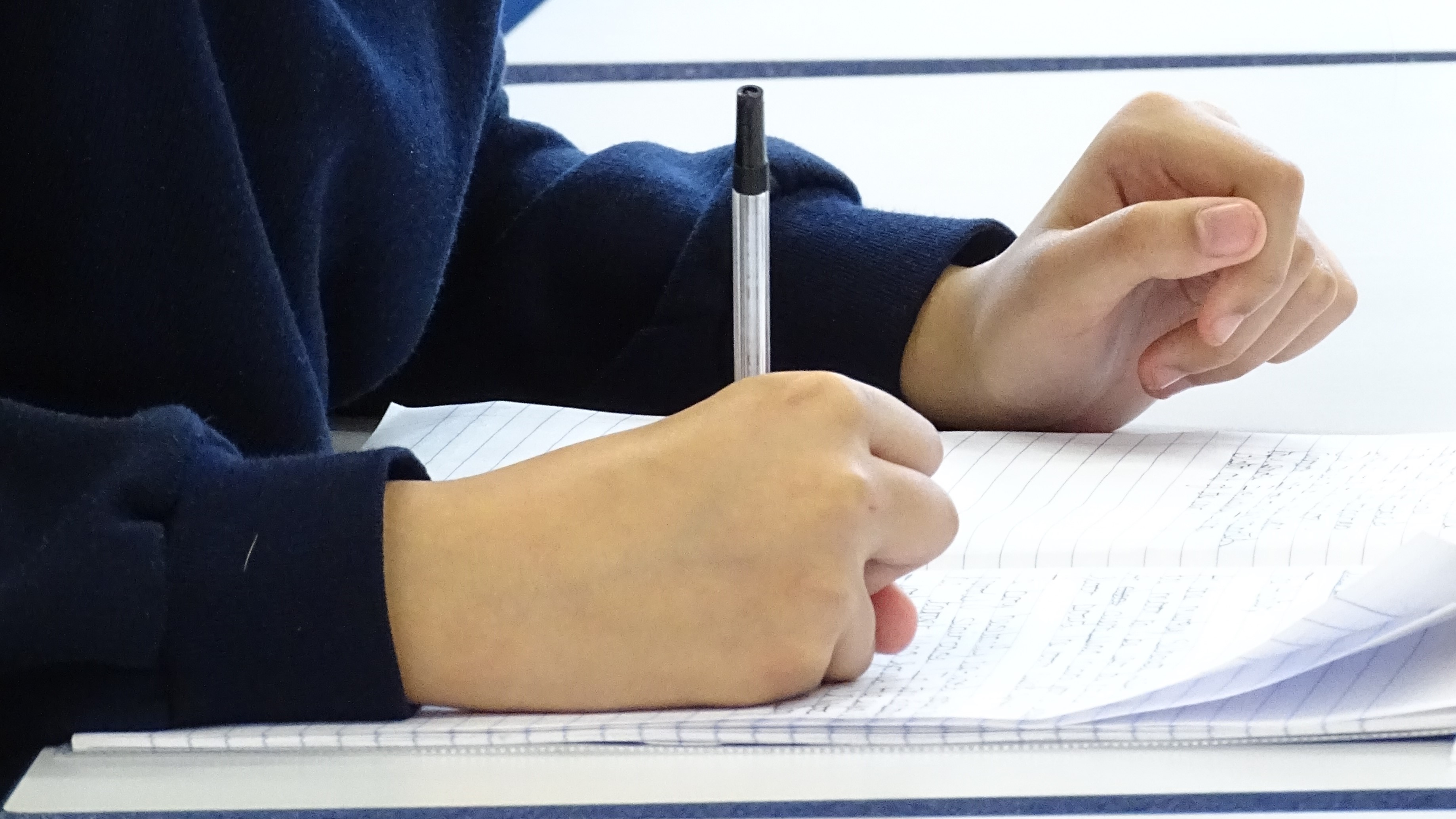Pupil Premium

Our aim is to ensure that all our pupils are not disadvantaged as a result of their socioeconomic context. We believe that with the correct support all pupils can achieve their full potential, as long as the provision meets their needs. The focus of our pupil premium strategy is to support disadvantage pupils to achieve across all subject areas and make good progress.
High quality teaching is at the heart of our approach, with a focus on areas in which our disadvantaged pupils require the most support.
“Children and young people across the country have experienced unprecedented disruption to their education as a result of coronavirus (COVID-19). Those from the most vulnerable and disadvantaged backgrounds will be among those hardest-hit. The aggregate impact of lost time in education will be substantial, and the scale of our response must match the scale of the challenge.
Our Ultimate Objectives
✓ Remove barriers to learning created by poverty, family circumstance and background
✓ Narrow the attainment gaps between disadvantaged pupils and their non-disadvantaged counterparts both within school and nationally
✓ Ensure ALL pupils are able to read fluently and with good understanding to enable them to access the breadth of the curriculum
✓ Develop confidence in their ability to communicate effectively in a wide range of contexts
✓ Enable pupils to look after their social and emotional wellbeing and to develop resilience
✓ Access a wide range of opportunities to develop their knowledge and understanding of the world
Our Intention
At Roding Primary School, we welcome the additional funding to support pupils in catching up their missed education during the pandemic. We have taken a bespoke approach to the use of this funding, based upon educational research and best practice recommended by the Education Endowment Foundation (EEF).
Our intention is that all pupils, irrespective of their background or the challenges they face, make good progress in all areas of learning. The focus of our pupil premium strategy is to support disadvantaged pupils to achieve that goal. As a school, we will consider the challenges faced by vulnerable pupils, such as those who have a social worker and those who have additional needs.
High-quality teaching is at the heart of our approach, with a focus on areas in which disadvantaged pupils require the most support. This is proven to have the greatest impact on closing the disadvantage attainment gap and at the same time will benefit the non-disadvantaged pupils in our school.
Our approach will be responsive to common challenges and individual needs, rooted in robust diagnostic assessment, not assumptions about the impact of disadvantage. The approaches we have adopted complement each other to help pupils excel.
How we will ensure our approaches are effective
To ensure they are effective we will:
- ensure disadvantaged pupils are identified quickly
- Prioritise approved approaches that ensures children make accelerated progress in reading as this is the vehicle through which children are able to confidently access the curriculum
- adopt a whole school approach in which all staff take responsibility for disadvantaged pupils’ outcomes and raise expectations of what they can achieve
- ensure social and emotional barriers are identified quickly and effective early intervention is put in place
- ensure pupil premium and recovery premium funding is allocated following a needs analysis which will identify priority classes, groups or individuals
- ensure work funded through the pupil premium and recovery premium will be aimed at accelerating progress and ensuring access to a rich, broad and balanced curriculum.
Free School Meals
Is my child eligible for free school meals?
Your child might be eligible if you access:
- Income Support
- Income-based Jobseeker’s Allowance or Income-related Employment and Support Allowance
- Support under part VI of the Immigration and Asylum Act 1999
- The guaranteed element of Pension Credit
- Child Tax Credit (provided you’re not also entitled to Working Tax Credit and have an annual gross income of no more than £16,190)
- Working Tax Credit run-on
- Universal Credit, provided you have an annual net earned income not exceeding £7,400 (£616.67 per month)
Your child might also be eligible if you’re in a household with no recourse to public funds (NRPF), subject to a maximum income threshold. This is for children of:
- Zambrano and Chen carers (non-EEA nationals caring for a British citizen residing in the UK)
- British National (Overseas) passport holders
- Spousal visa, work visa, or student visa holders
- Those with no immigration status
- Families with a right to remain in the UK under Article 8 of the European Convention of Human Rights
- Families receiving support under Section 17 of the Children Act 1989 who are subject to a no recourse to public funds restriction
- Certain failed asylum seekers supported under Section 4 of the Immigration and Asylum Act 1999
Does my child have to eat the free school meals?
No. Pupils who are registered for free school meals don’t have to eat them. If you’re eligible but you want your child to have packed lunches you should still register because the school will receive the funding which can support your child in other ways.
How do I register?
You only need to register once at the school.
You can check eligibility and should register online. Click Here!
Alternatively, you can provide us with some details to allow us to check your family's eligibility on your behalf. All we require is the Date of Birth and National Insurance number of both parents/guardians, and we can check this for you. Please speak to a member of the school admin team if you would like to find out more.
